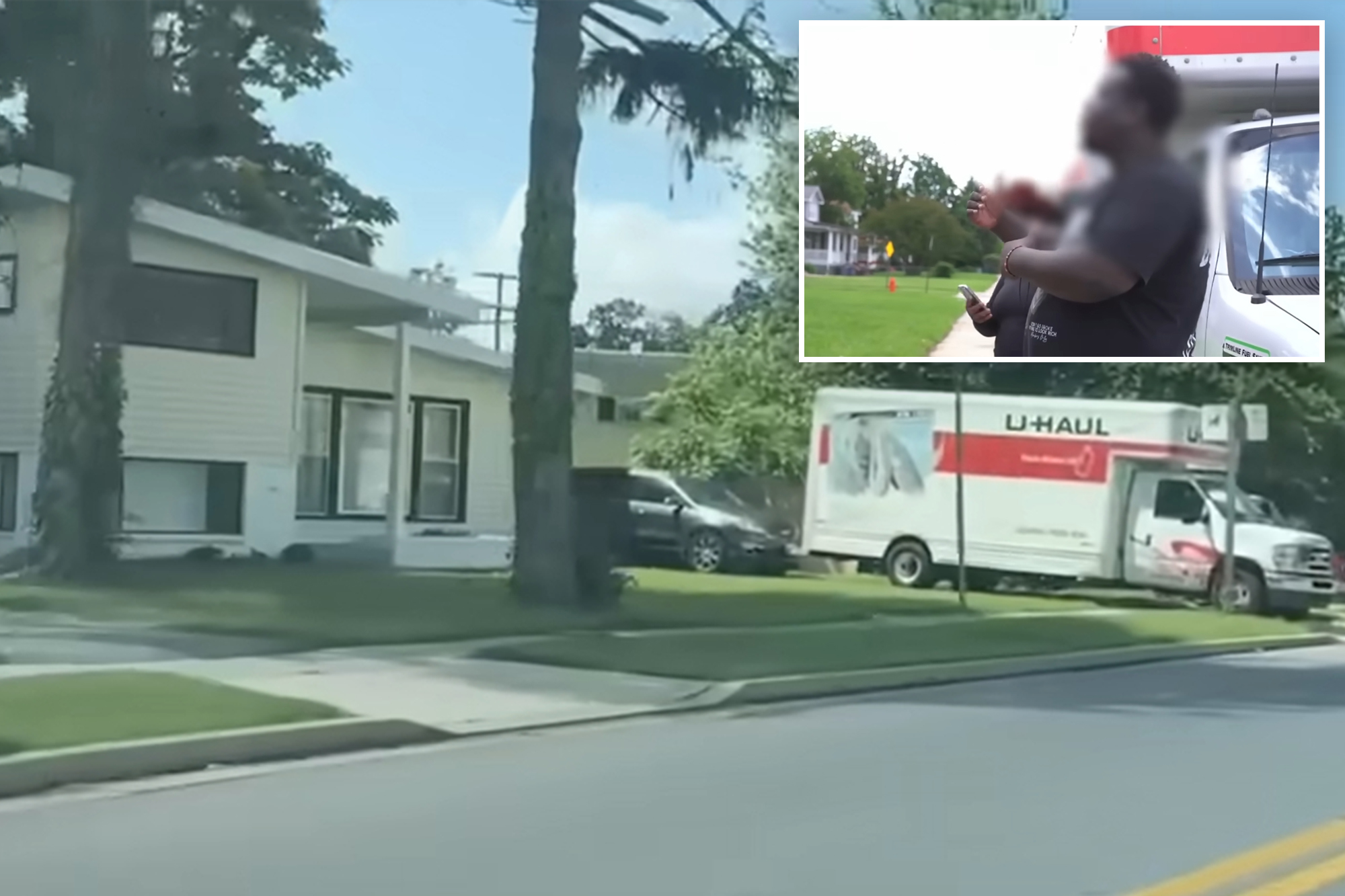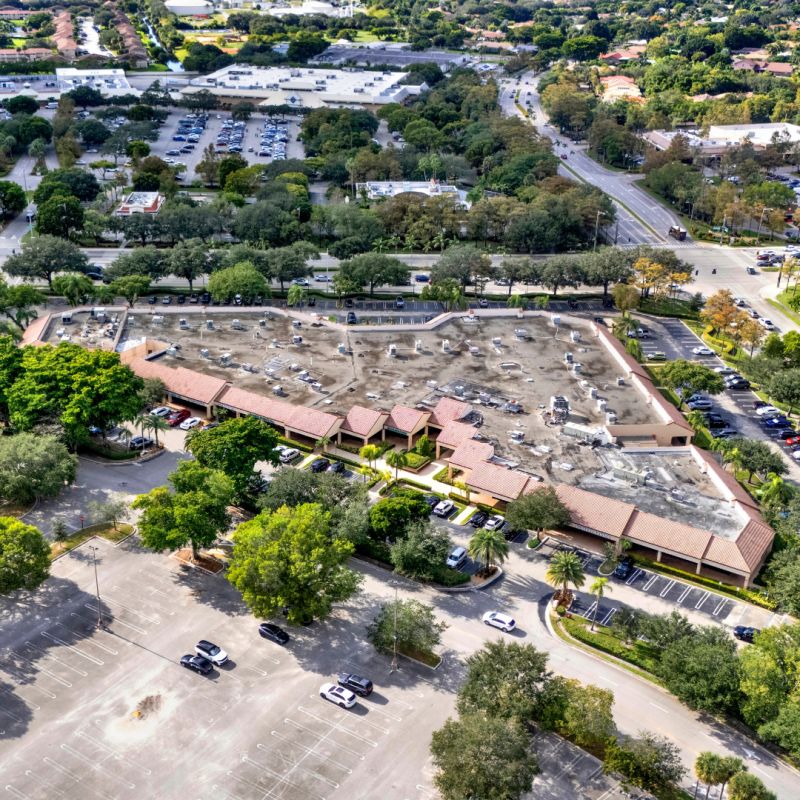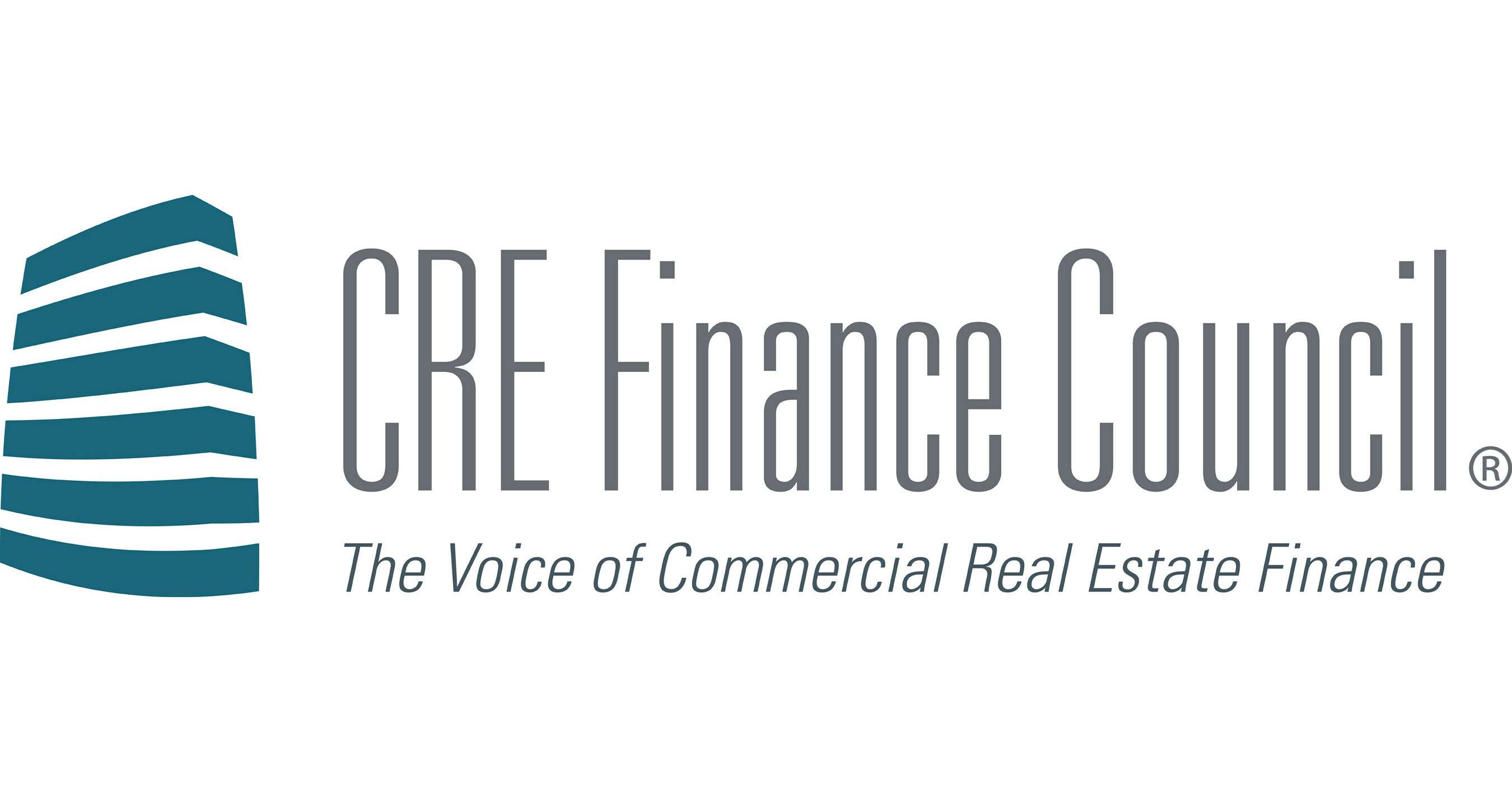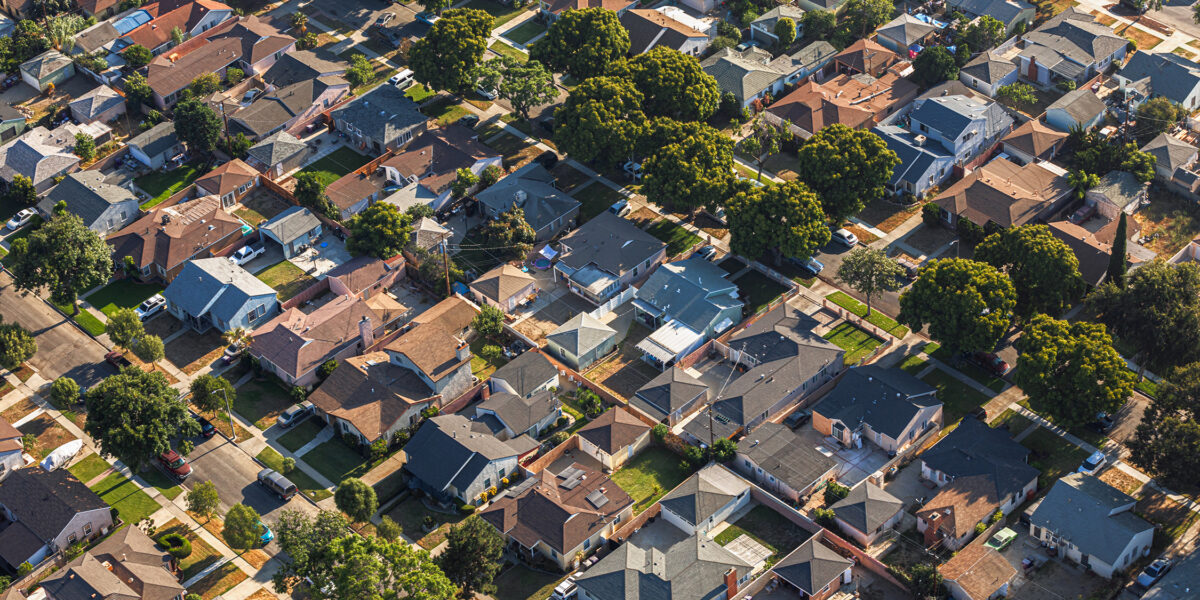S
quatters in rentals and vacant homes have become a growing concern, with some individuals exploiting vulnerable people on social media to target recently unoccupied properties. For a fee, these scammers direct potential homeowners to unsuspecting properties, often leaving the owners to deal with the consequences.
A recent case in Maryland highlights the issue. Mike Haskell, owner of a four-bedroom home in Windsor Mill, was just 24 hours away from finalizing a sale when he discovered an unknown family of four had been living on the property for at least a week without his permission. The family had paid $7,500 to move in through a social media advertisement and claimed they were unaware that the property was being sold.
Haskell's buyer alerted him to the squatters after spotting a U-Haul parked outside the property. However, by the time Haskell contacted the police, the locks on the property had been changed, and the sale sign had been removed. The police treated the incident as a civil matter, and no official charges were made.
The family eventually left the property after Haskell negotiated with them to hand over the keys for $3,000. Experts agree that preventing squatters from entering a home is key, and regular monitoring of unoccupied properties can help prevent such situations.
To protect against squatters, real estate professionals recommend investing in high-grade locks and security systems, including cameras. If you find squatters on your property, contact local law enforcement immediately, but be aware that police may not be able to remove them. In some cases, a qualified attorney specializing in property law may need to be consulted for eviction proceedings.
Removing squatters can be challenging, as they often claim rights to the property or refuse to leave. As one expert notes, it's currently more difficult to evict squatters than delinquent tenants.















